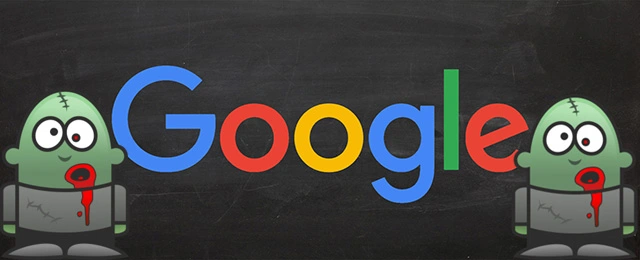
Searching for a Website
As most of you know, I recently launched Remote Shiba, the search engine for remote jobs. I'm now up to 25 sources, 25,000 jobs, placed first on the search results for Bing...
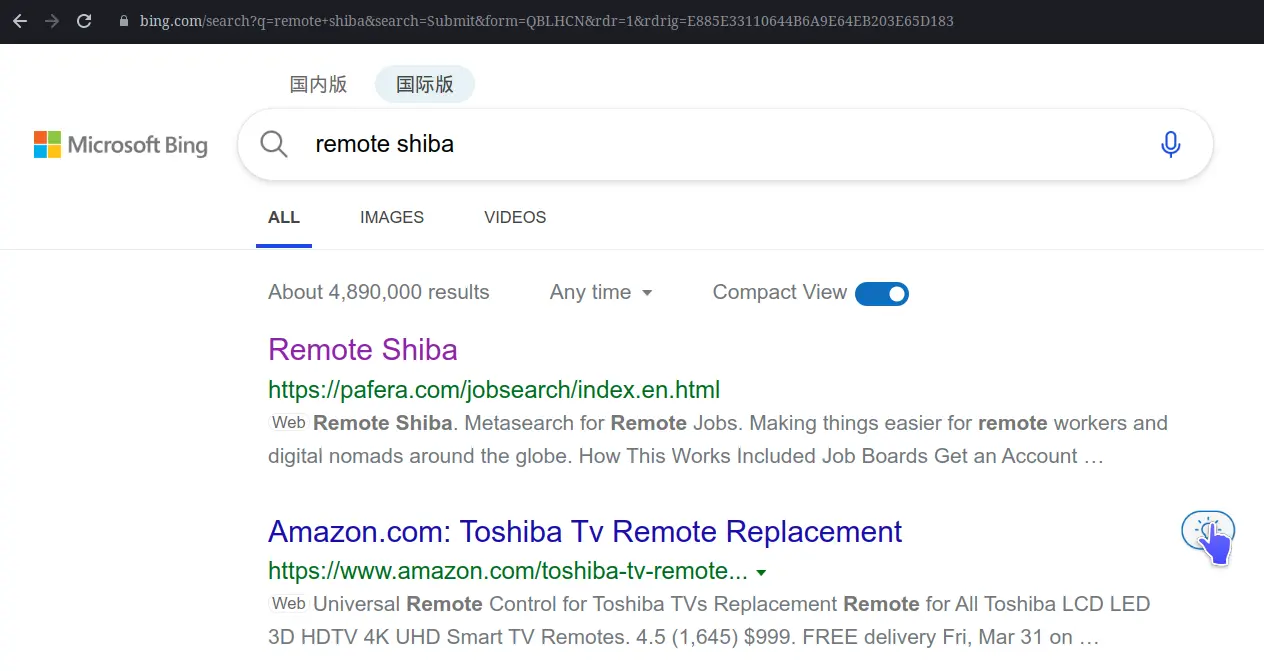
And is nowhere to be found on Google...

Now, you might say, it's okay, Jim. The Google spider just hasn't gotten around to your site yet.
The problem with that is that it's been two weeks.
You know, the whole point of a search engine is to find what you want. I myself am running 25 crawlers looking for remote jobs on an hourly basis off of a ten dollar VPS in Hong Kong which I did in my spare time. There is no reason why a trillion dollar international tech company with tens of millions of computers can't update sites on a daily basis, especially considering how much of the web is now balkanized behind paywalls, private communities, and proprietary apps.
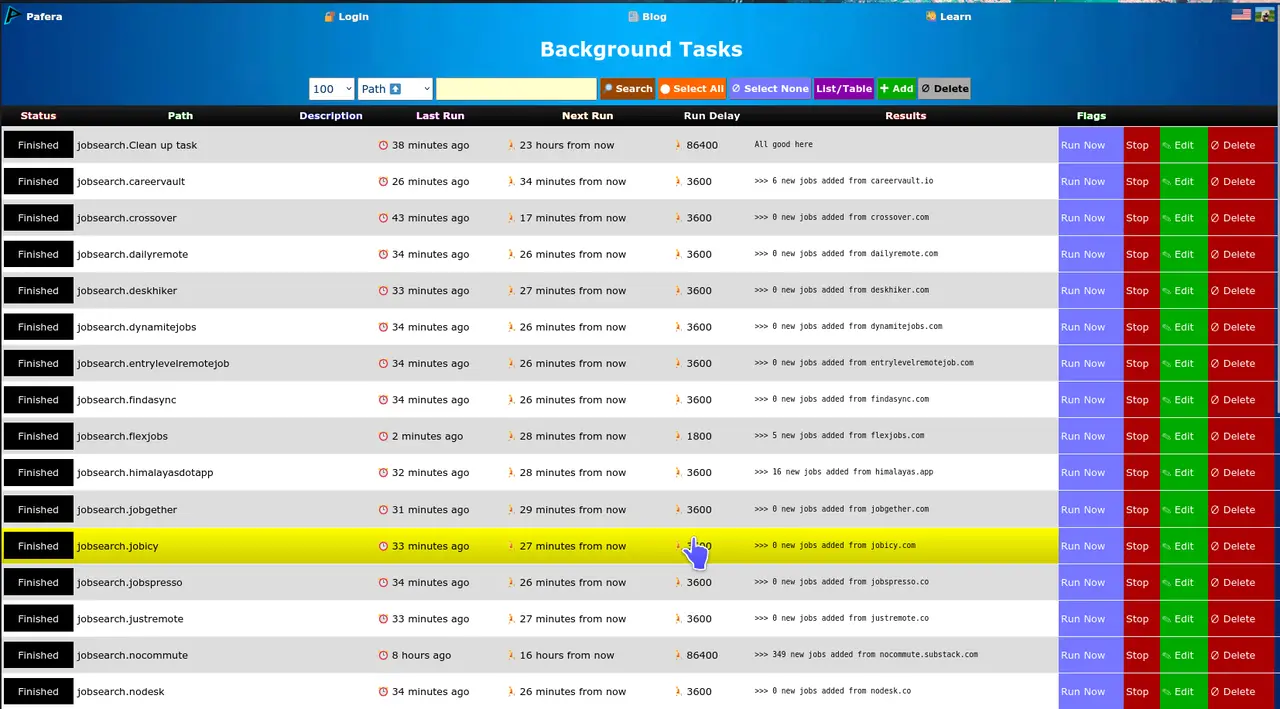
If Google can't take half a second of time to update their index of my site in two weeks, then it makes me wonder what else they're failing to do.
Google Console to the Rescue
Okay, I'm a professional problem solver. If Google can't automatically scan my site, then perhaps I can manually tell them to update my site to pick up the new changes.
Google tells me to index the URL from the Google Search Console, so I create an account, login, and manually add the URL.
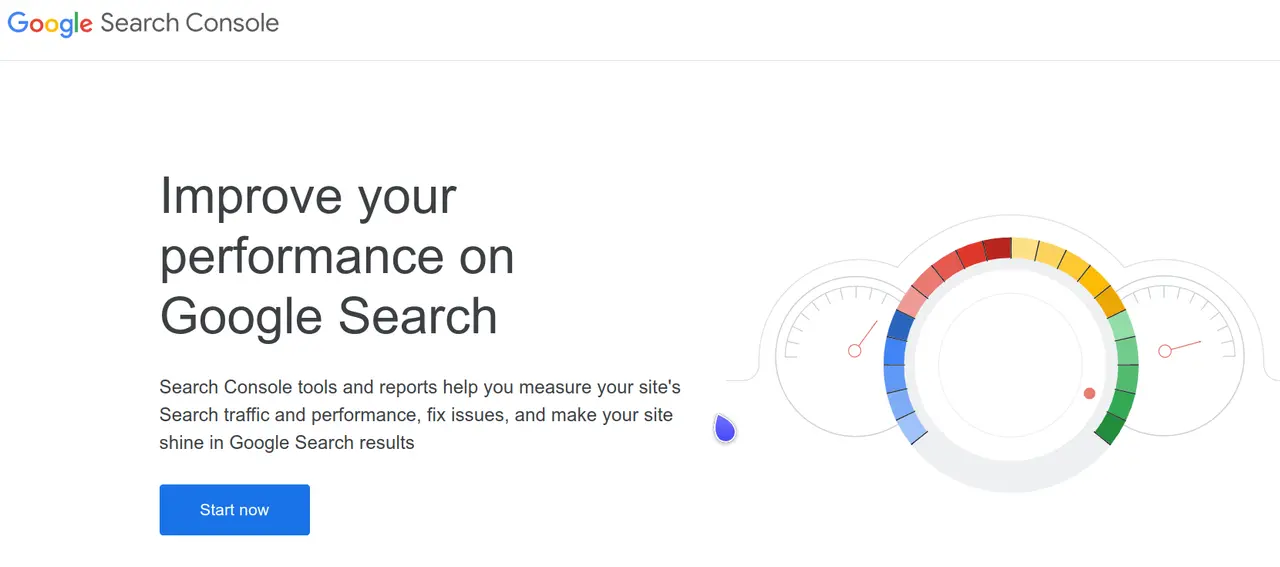
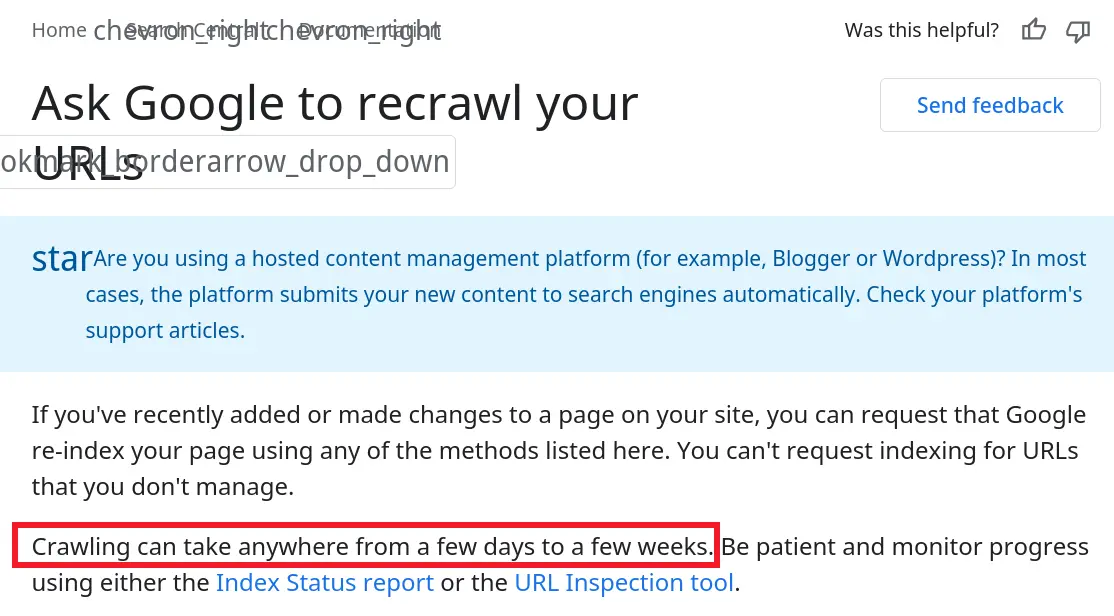
Yes, Pikachu. I'm shocked as well.
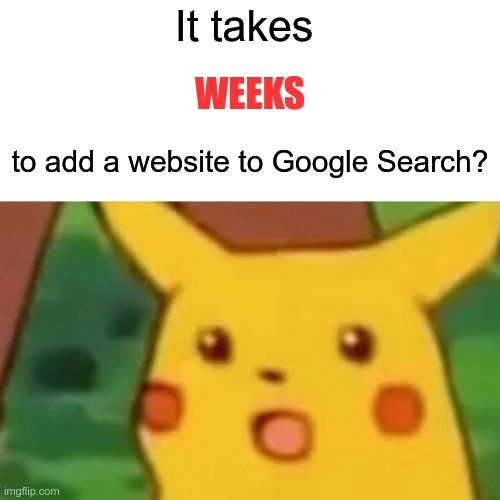
The Internet Before Google
If I sound frustrated, that's because I'm an old school guy.
You see, searching on the web before Google used to look like this. The odds of you finding what you were looking for without resorting to a human curated index or a friend's bookmarks were about the same odds that Elon Musk would not do anything stupid today.
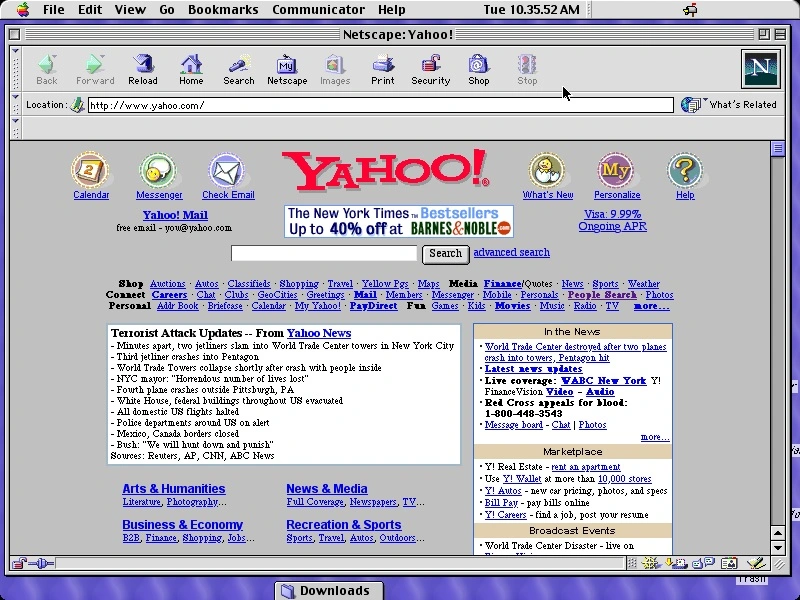
And then Google came out with a nice, clean interface that excelled in letting you find what you want quickly and concisely.
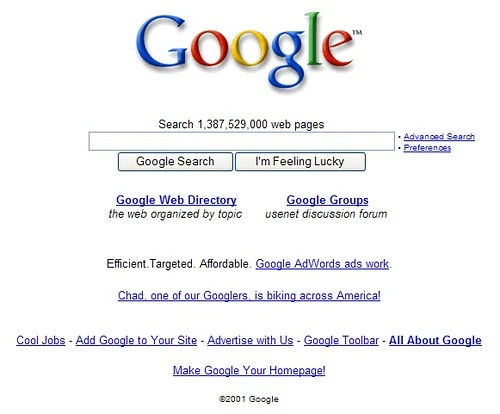
Email before Gmail used to look like this. We probably received more spam per day than the British ate during World War II.
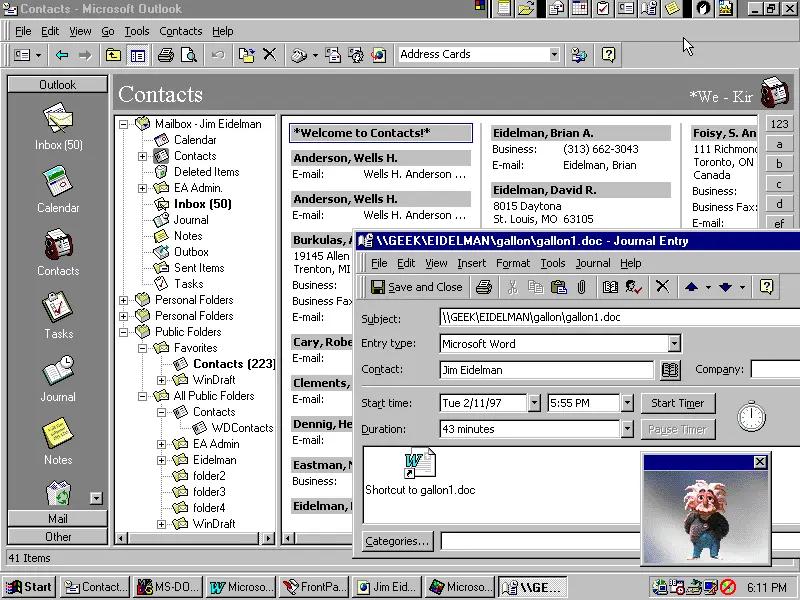
And then Google came out with Gmail, a webmail interface running from far away servers that was often faster than Outlook running on your own computer, not to mention that it had an awesome spam filter that ate everything except the Reddit epoxy hotdog.
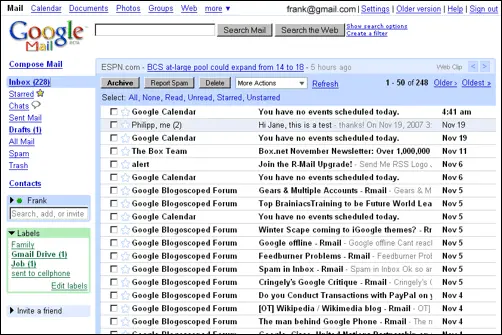
Maps before Google used to look like this.
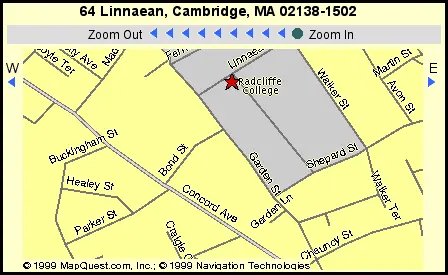
Then Google Maps came out, and all of a sudden, you could use the mouse to drag the map around, zooming in and out was nearly instantaneous, and navigation was updated with current traffic data instead of being based upon road work that was done back when the dinosaurs roamed the earth.
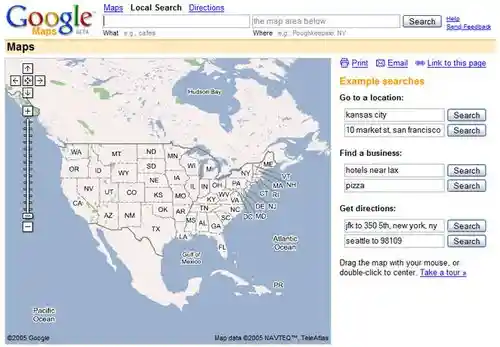
All of these advanced made the lives of billions around the world better, faster, and easier. They were a breath of fresh air in an era dominated by busy pages overwhelmed with links, popup ads, blinking text, and other such annoyances.
Now fast forward two decades.
Google's Graveyard Era
We're now in the era where the name Google is synonmous with bad management, canceled products, and privacy warnings. There are even parody websites of the Google Graveyard run by big companies like Forbes and The Verge. Stadia was a disaster, messaging clients are replaced with the timing of breeding rabbits, and Google Bard keeps getting hammered by the new Bing Chat powered by GPT4.
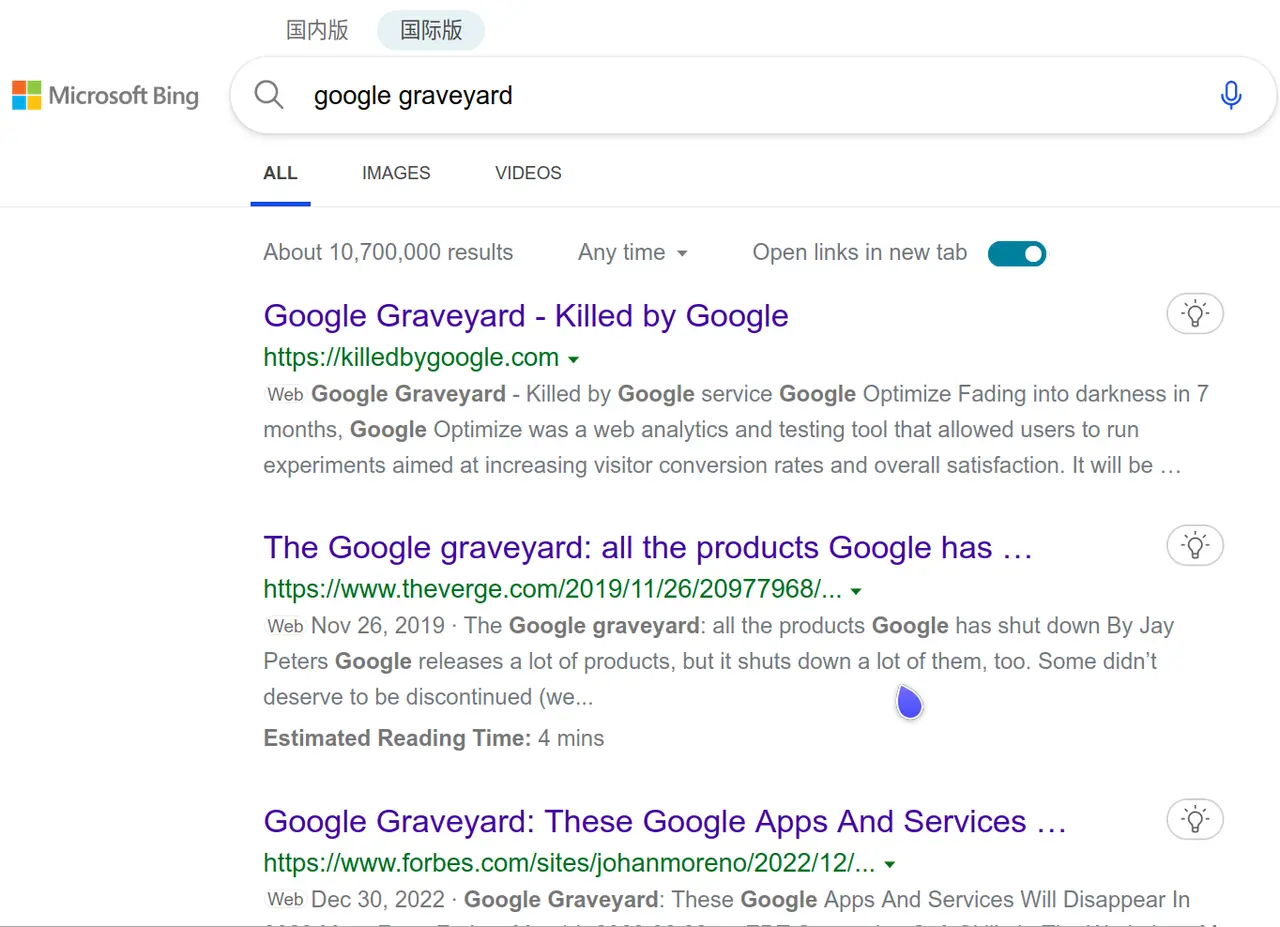
It's certainly possible that Google can come around and get its act together. Search, Maps, Gmail, and YouTube are still going strong. Waymo is making slow but careful improvements. Boston Dynamics are making great strides in useful robotics. Android, despite so much mismanagement, is holding up against Apple's iOS.
But it shouldn't have been this way.
Google had the resources, the talent, and the drive to become the Palo Alto Research Center (PARC) of our generation.
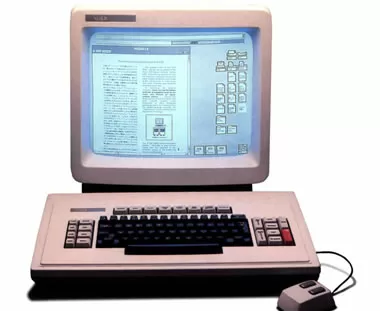
In case you youngins don't know what that is, PARC's accomplishments included a few very small, very minor advances like Ethernet, the laser printer, the GUI, the ball mouse, optical storage, WYSIWYG, and the earliest incarnations of what would later turn into Adobe Photoshop and Microsoft Word. The original Mac interface was inspired by their work when Steve Jobs visited the facility in 1979.
Google could have done the same thing, only using AI to recognize our daily patterns and taking away the busy work from our lives.
They are sitting on the largest store of information in the history of mankind.
Isn't it about time they got back to creating cool things again?
About the Author |
|

|
Jim has been programming since he got an IBM PS/2 back during the 90s. To this day, he still prefers writing HTML and SQL by hand, and focuses on efficiency and correctness in his work. |